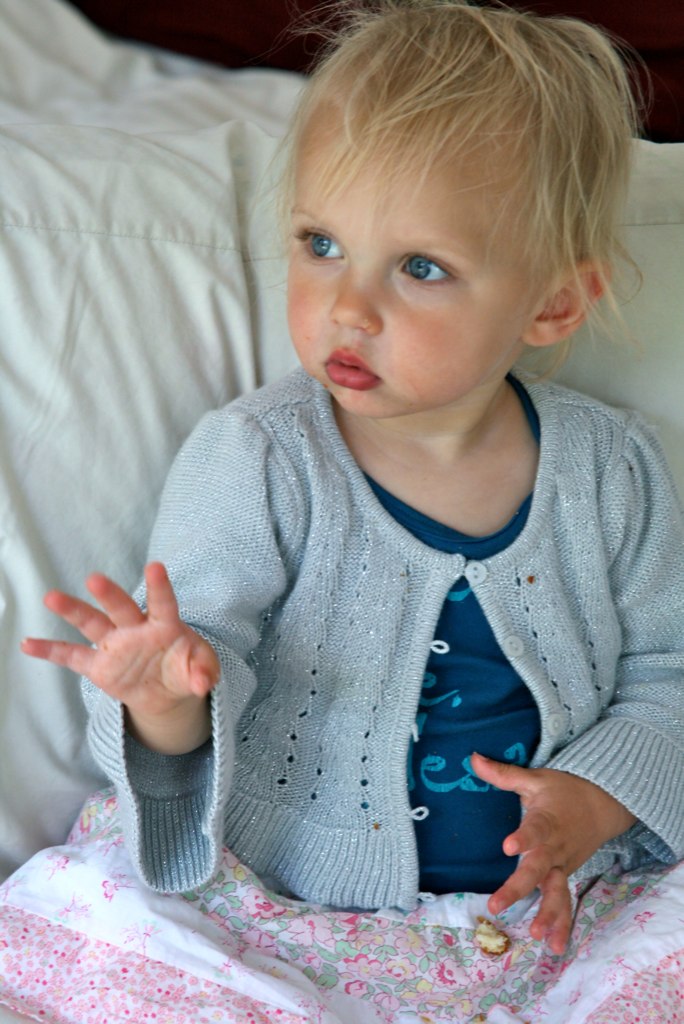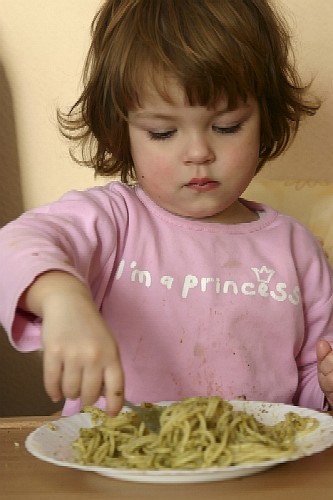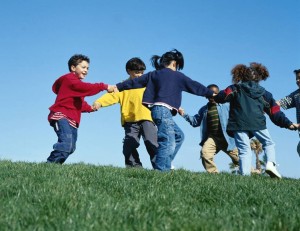Photo by Suzette Hibble
Teaching your child to delay gratification can help him in all sorts of ways. He will learn self-control and willpower. He will also reduce his impulsivity and increase in academic performance. But delaying gratification does not come easily and often won’t develop naturally, unless parents and caregivers help children learn this important skill.
Luckily, you can start to teach these skills at any age with simple games that don’t take much time. Start by offering your child a toy you know she wants but at the last second pull it back saying, “Ut oh, wait just a moment. Wait…wait…great job waiting!” and then hand your child the toy. At first just ask your infant or toddler to wait a few seconds. Then as your child becomes better and better at waiting for the object of her desire, begin to lengthen the time required.




 Today I want to share something I learned from NLP (otherwise known as neuro-linguistic programming) called a “state change”. We’re always in some sort of emotional state, whether happy, sad, excited, or frustrated. And often it feels like we’re at the whim of our emotions. When I’m frustrated it seems like there is no way to transform the frustration into something else. But there is! We can consciously create a “state change” in ourselves and often in others, pretty much any time we want!
Today I want to share something I learned from NLP (otherwise known as neuro-linguistic programming) called a “state change”. We’re always in some sort of emotional state, whether happy, sad, excited, or frustrated. And often it feels like we’re at the whim of our emotions. When I’m frustrated it seems like there is no way to transform the frustration into something else. But there is! We can consciously create a “state change” in ourselves and often in others, pretty much any time we want! This week I watched a fascinating video about baby led breastfeeding. It showed newborn, days old, and months old infants maneuvering themselves into a good nursing position with very little help from their mothers. Babies were deliberate in their movements bobbing and clearly searching for the nipple. And, when they found it on their own, many mothers reported that the latch was more comfortable than it had been when they had tried to help their babies find the nipple. What an incredible innate ability babies have!
This week I watched a fascinating video about baby led breastfeeding. It showed newborn, days old, and months old infants maneuvering themselves into a good nursing position with very little help from their mothers. Babies were deliberate in their movements bobbing and clearly searching for the nipple. And, when they found it on their own, many mothers reported that the latch was more comfortable than it had been when they had tried to help their babies find the nipple. What an incredible innate ability babies have!